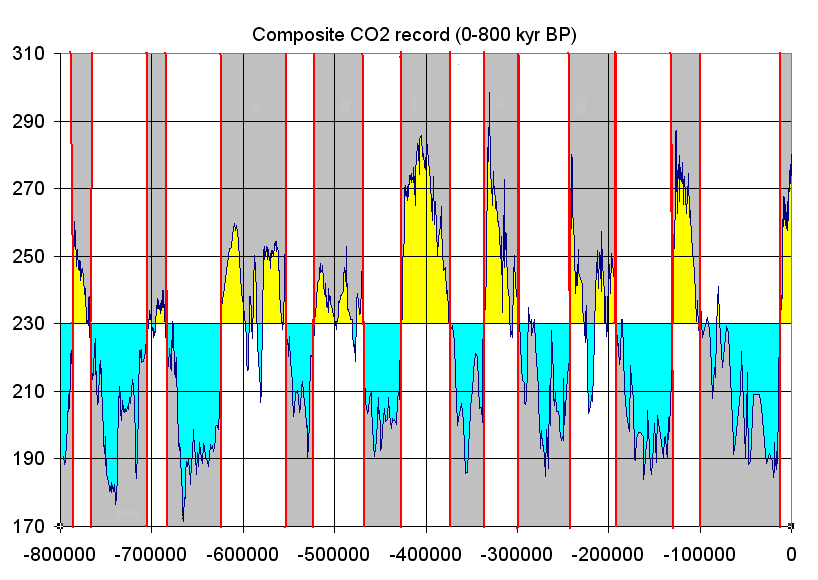mamooth
Diamond Member
Think of it as cookie dough. Take a fist full of cookie dough and throw it on the floor. Now do that 1000 times, and your cookie dough is covering the kitchen floor and pushing out the door.
No, raccoons would show up to eat the cookie dough that pushed out the door, so it would never advance.
Same with Greenland. If the ice tried moving south while temperatures were warm, it would be "eaten" by something, the warmer temperatures. Global temperatures had to drop before the ice sheet could form.
WHY is there ice south of the Arctic Circle on Greenland and plants north of the Arctic Circle on Canada???
Elevation. The elevation of the ice sheet creates its own cold climate. Because of topography, those conditions didn't exist anywhere else.
And that means if it melts, it can't be recreated unless temperatures get very cold again.

